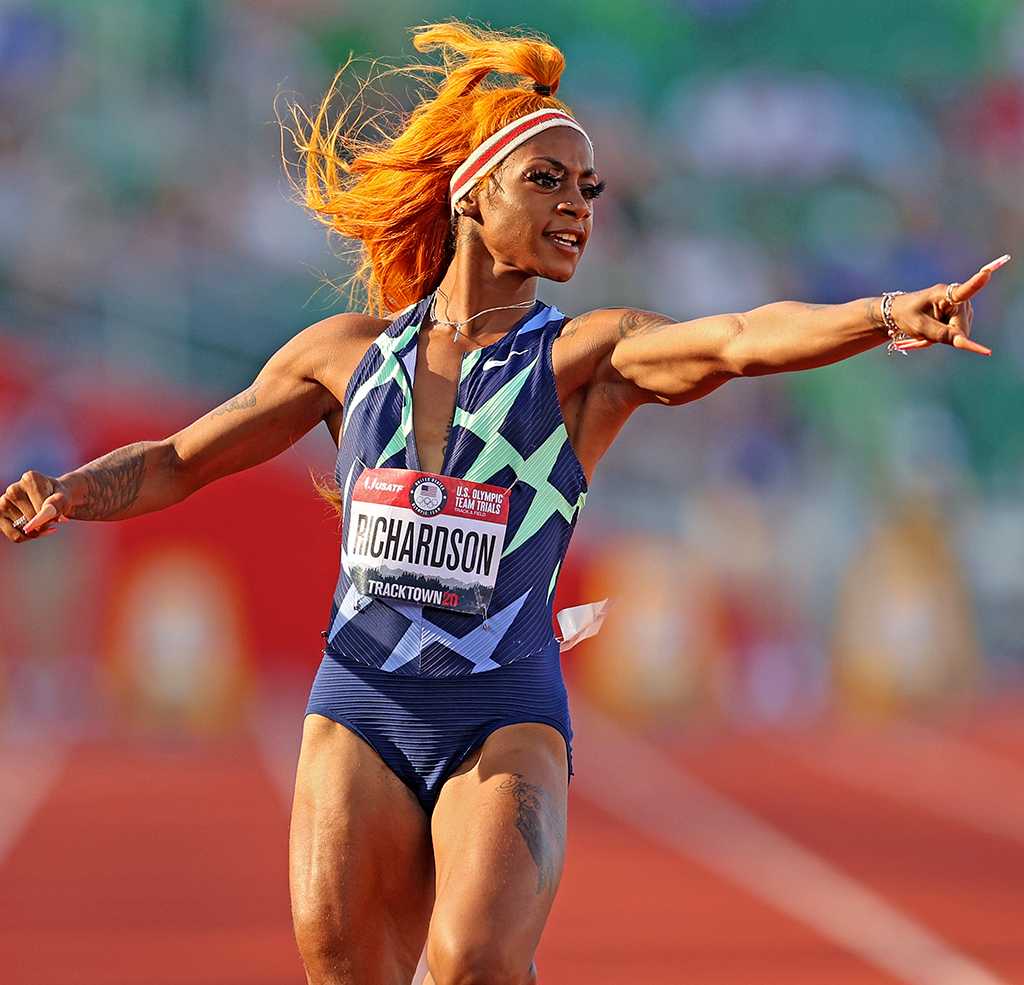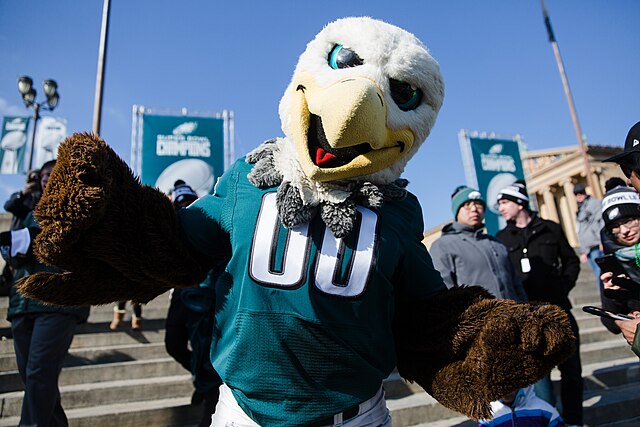Earlier this year Sha’Carri Richardson, a Black track and field sprinter, took the sporting world by storm.As a freshman at Louisiana State University (LSU) who competes in the 100m and 200m respectively, she broke the 100m record running a 10.75-second race at the NCAA Championship and was later qualified to run the 100m at the 2020 Tokyo Olympics at the US Olympic Trials. Whether it be through her athletic ability or the buzz on social media, her name was gaining traction around the US.
However, her Olympic dreams were shattered come July. Why? Richardson smoked weed. Or, as the Olympic Committee would state, “Ms. Richardson tested positive for THC, an intoxicant found in marijuana.” As marijuana is on the list of the Olympic Committee’s banned substances, Richardson was ineligible to compete at the Olympics and would continue athletic ineligibility for one month.
This decision caused a great uproar from casual fans to members of the House of Representatives. Many argued that marijuana is legal in many states including Oregon, where the Olympic trials took place. Furthermore, marijuana is not a performance-enhancing drug but is still on the list of banned substances which include steroids and other opiates.
The Olympics drew more criticism when weeks later, US Women’s National Soccer Team member Megan Rapinoe appeared on Forbes advertising her sister’s CBD company, Mendi. CBD is another natural compound found in marijuana. It has been known to have anti-inflammatory properties and help relax the body, but no psychoactive properties. Other athletes like Devon Allen, Haylie McChesney and Sue Bird all appeared serving as ambassadors for the brand. Much of the public outcry is over the fact that the World Anti-Doping Agency (WADA) allows athletes to use CBD but prohibits all other natural and synthetic cannabinoids. The WADA explained that to be on the list of banned substances it must meet two of the following:
- It has the potential to enhance or enhances sport performance,
- It represents an actual or potential health risk to the athletes,
- It violates the spirit of sport.
It is unclear which two THC violates.
The conversation has now evolved into one of the double standards Black athletes face in athletic institutions. Why is it that a Black athlete is scrutinized for drug use when a white athlete can appear on Forbes advertising that very same drug? Across many sports, Black athletes are constantly being fined and regulated in regard to protests, dress codes or celebrations. Organizations such as the NBA, NHL and NFL have all greatly reduced the enforcement of marijuana laws, acknowledging that it does not enhance performance. While the Olympics are slow to change with the times, all we can hope for is continued advocating for marijuana use and that maybe one day Black athletes will no longer suffer penalizations.
Richardson has been handling her suspension with grace. She appeared on The Today Show to speak about the incident, explaining that the passing of her biological mother and the emotional panic she suffered as a result played a role in her using marijuana instead.
“I’m 21, I’m very young,” Richardson said. “I have plenty of games left in me to compete in and I have plenty of talent that backs me up, because everything I do comes from me naturally. No steroid, no anything.”





John Smith | Nov 26, 2021 at 1:07 pm
CBD is legal and allowed by WADA, THC is not at the moment. Useless story